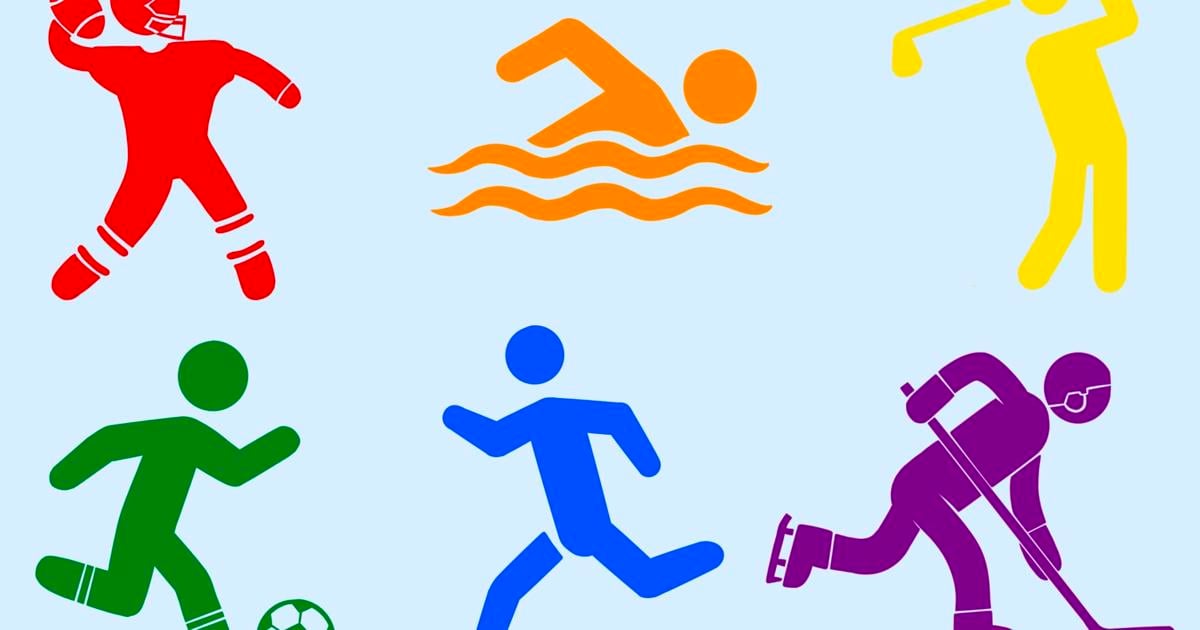
The University of Georgia has a decorated history regarding the success of its athletic programs but has shifted to promote more inclusive and equal opportunities for all its athletes.
When looking at how Georgia ranks for inclusion among its athletes, it ranked the highest out of universities in Georgia but it still came out with a 40 out of 100 according to the Athletic Equality Index.
The AEI is “an ongoing assessment of National Collegiate Athletic Association (NCAA) athletic departments’ policies and practices around LGBTQ inclusion,” according to LXNews. UGA scored a zero on factors such as transgender inclusion policies and pro-LGBTQ training for athletes.
Even with the low score on the AEI, Grant Norgan, a former player for the Georgia swim and dive team, praised the athletic department.
Norgan swam at Georgia from 2018 to 2021 and was named to the J. Reid Parker Director of Athletic Honor Roll all three years. In 2019, he earned Second Team All-SEC, taking a bronze medal in the 800 freestyle relay at the SEC Championship.
“I think that the University of Georgia as a school and as an athletic department does a really good job at just making sure that there are resources available for everybody. I know that I never felt singled out with anything,” Norgan said. “I never felt like I didn’t have the support because I was gay. If anything, I felt like they made a point to make sure that they knew that I was supported and that they were allies.”
Former UGA athletic director Greg McGarity made similar comments in 2014 regarding Missouri defensive end Michael Sam.
Sam was the first openly gay football player in the SEC. McGarity believed that openly gay athletes would be supported by those within the athletic department at UGA.
“I can’t even express the support I got from our coaches like Stefanie William and Jack Bauerle. He was a big reason that I came to UGA. He made sure that I felt at home and at peace and would check in with me all the time,” Norgan said.
The same can be said for former Georgia hockey goalie Joey Fisher. Fisher played for the UGA Club Hockey team from 2005 to 2007. During his junior year, he revealed what his sexuality is through a post on Facebook.
Despite expecting the worst, Fisher was met with open arms and support from his teammates and coaches. Even with Fisher revealing what his sexuality is through a social media post, he was adamant that even with him being an openly gay athlete, his teammates and coaches still treated him the same as nothing changed within lockerroom dynamics.
Norgan said that he chose Georgia as the destination to compete at the college level because he was athletically motivated.
“I knew I wanted to be in the SEC, but Texas A&M just wasn’t going to cut it. So when I was making those decisions, I visited a few schools, and the minute that I stepped onto the campus in Athens, I just felt like I was at home, and I felt like that was where I wanted to be. I canceled a few recruiting trips. As soon as I got there, I committed on my recruiting trip. So I feel like it was just one of those things where I knew that that was where I was supposed to be.”
Even with the efforts of the athletic department to encourage a more inclusive and diverse group of athletes, there are still some who are not as open-minded as others, especially those within the football program.
Chris Burnette, a former Bulldogs’ offensive lineman said that homosexuality goes against his religious beliefs.
Former wide receiver for the Bulldogs, Chris Conley, thinks it would take time for teammates and coaches to accept an openly gay player. Conley believes there are a bunch of hardheaded individuals in the locker room, he said.
The culture that Josh Brooks, current director of athletics and Courtney Gay, assistant athletic director of diversity, equity and inclusion, are striving to create is one where every athlete feels welcomed, accepted and supported regardless of their sexual orientation.
Despite these efforts, its low score on the AEI and the perspectives of athletes like Conley demonstrate that Georgia’s athletic programs have more work to do to support their LGBTQ athletes.








